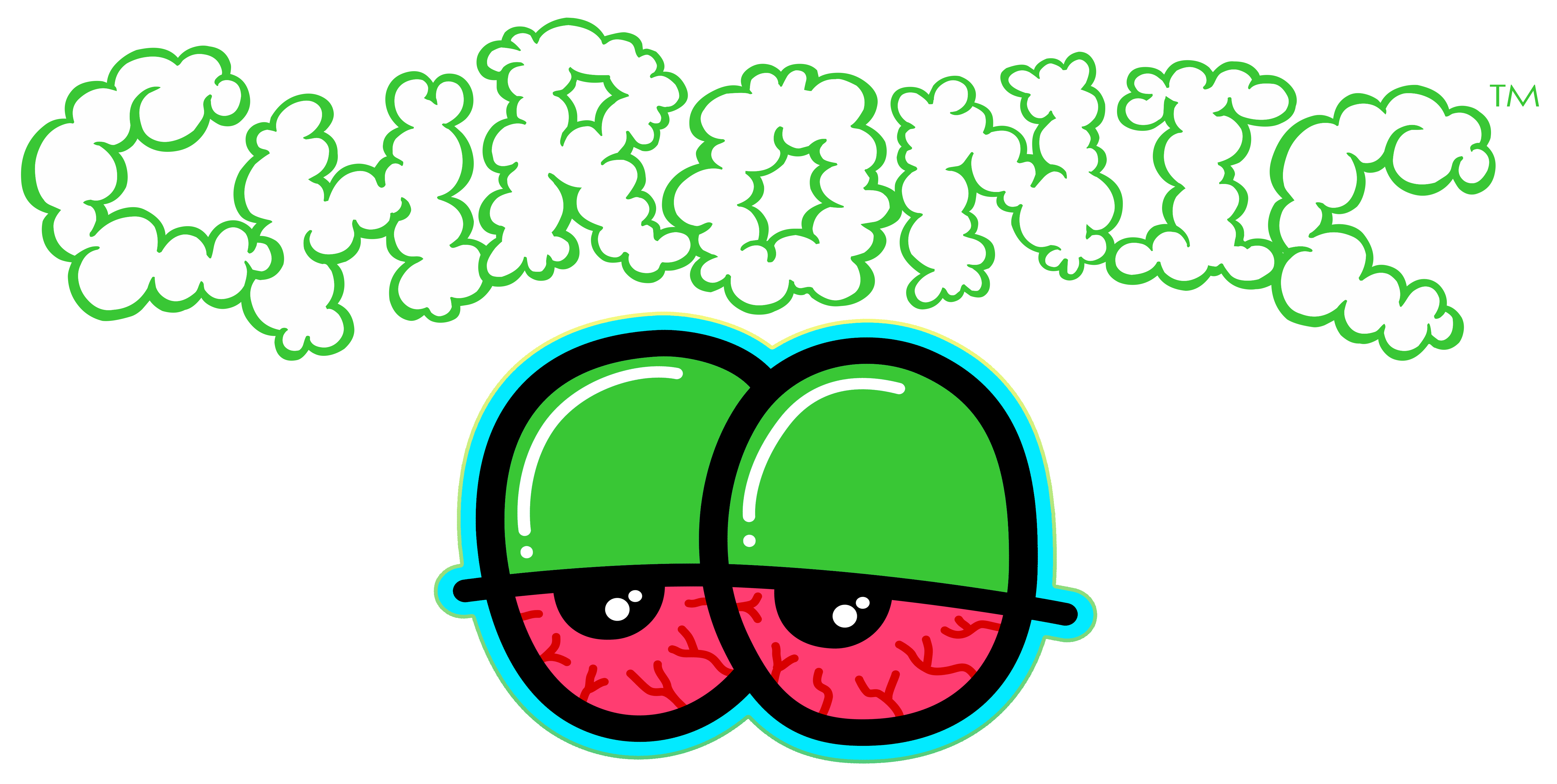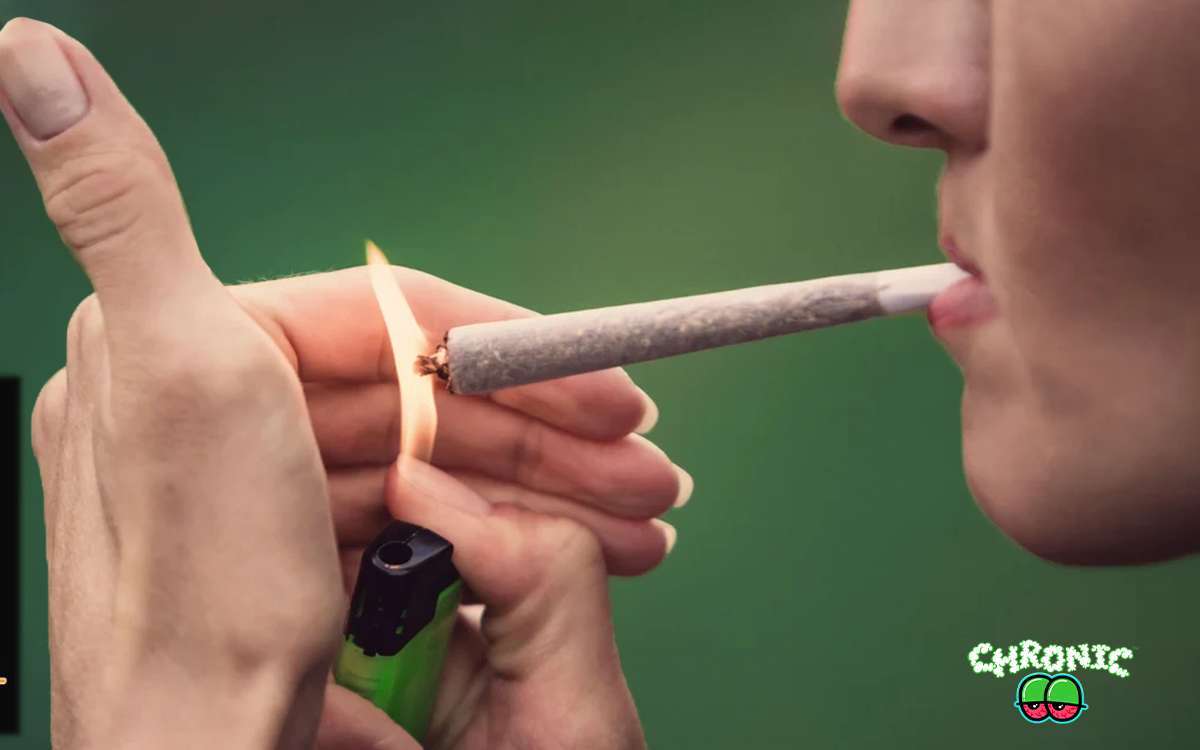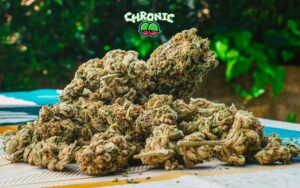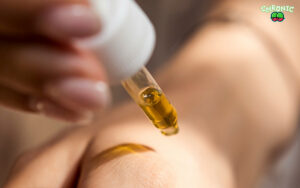Answering the question Can you Smoke CBD? However currently, CBD smoking is taking over the U.S. marketplace; its ascent has been facilitated by an act called the Farm Bill of 2018, which legalized all hemp products with less than 0.3% THC.
The other smokable CBD products include hemp flowers as well as pre-rolls; they attract consumers seeking an immediate calming effect from anxiety, pain, or stress without unwanted psychoactive effects. Usually, this demographic consists of very young and adult consumers using it for relaxation or wellness.
What is CBD?
Cannabidiol (CBD) is a natural compound present in cannabis plants, such as hemp and marijuana. It is one of the more than 100 cannabinoids that have contributed to such plants and has well-established therapeutic potential.
Cannabidiol interacts with one of the bodily systems known as the endocannabinoid system (ECS). A delicate system of receptors and enzymes that in, and perhaps also immune response. Therefore, manipulating ECS receptors CBD can help in alleviating anxiety, reducing chronic pains, improving the quality of sleep, providing anti-inflammatory effects, or even neuroprotection.
Read: Can You Smoke CBD? Everything you need to know
CBD is derived most commonly from hemp variety of cannabis that has less than 0.3% THC content as per the law of the federal government in the U.S.A. Cannabidiol Forms that are available include oils, tinctures, capsules, edibles, cosmetics-topicals and even smokables. CBD is the latest herbal remedy to have trended over the past few years owing to the most increasing curiosity about natural therapies and wellness.
Despite its general consideration as entirely safe, CBD may have some ‘highly interacting effects’ in the context of other medications and could also cause minor side effects, including drowsiness, dry mouth, or diarrhea. Selecting quality lab-tested products and consulting a healthcare provider before adding CBD into the regimen is good practice.
Can you smoke CBD all day?
Sure, you can smoke CBD all day long but as with anything really in life moderation and understanding what your body needs will always be key.
For most people, smoking CBD is relaxing, relieves stress, and even pain relieving, all while keeping them able to function normally; thus, higher doses may cause side effects of a minor character: sleepiness, dry mouth, or fatigue.
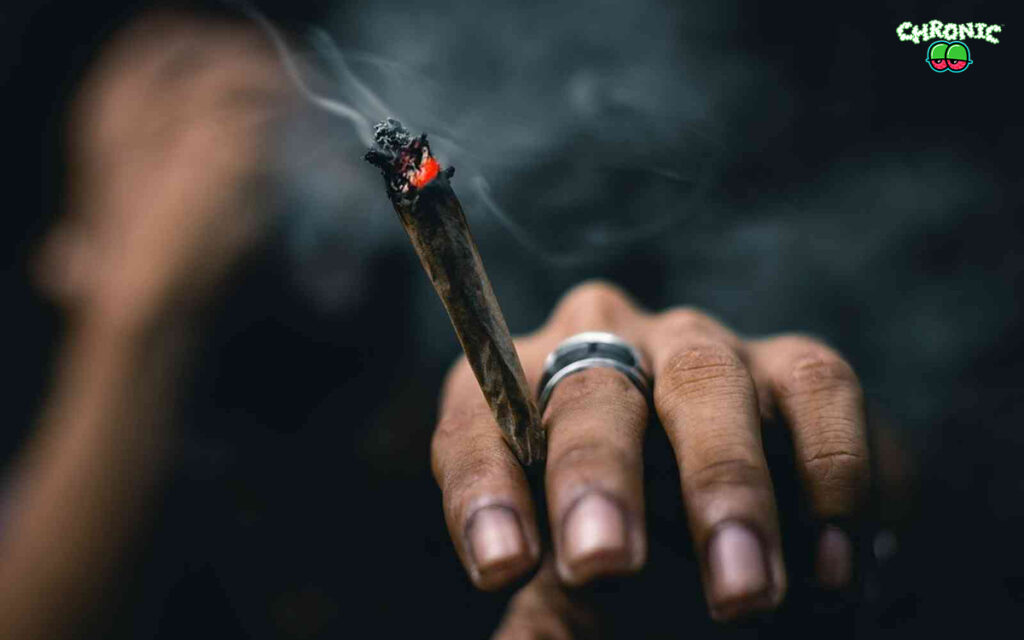
The mode and the dose are relevant factors with respect to continuous CBD smoking. There are other modes of intake, but smoking too frequently would hurt your lungs-vaporizing or taking edibles would be a better option for the chronic user. Start small, and fine-tune based on your body’s reaction.
It is also important to choose quality products that are preferably lab-tested to ensure it’s safety and effectiveness. Though technically possible, smoking CBD all day long should be done more intentionally and for specific reasons. Always update the health care provider if taking CBD concurrently with other medications or for treatment of chronic conditions.
What Happens if You Smoke CBD?
These days CBD smoke is considered the most timely delivery of cannabinol into the bloodstream via the lungs, so taking it is remarkable for fast-acting results. Many people smoke CBD for calming and therapeutic benefits, such as stress relief, relaxation, or pain reduction. You may also feel a soothing sense of calm with mental clarity and perhaps mild physical relief.
You may also consider: Is THCA Pre-Rolls safe to smoke?
Some people use CBD for anxiety relief, sleeping problems, inflammatory responses, and chronic pains; however, smoking CBD still allows you to feel relaxed without physically making you foggy or losing coordination for daytime use.
You have to make sure that the CBD product you are smoking is of good quality and laboratory-tested without contaminants like pesticides or heavy metals. Before embarking on routine use of CBD, individuals with underlying health conditions or those under medication schedules should talk to their physician.
Benefits of Smoking CBD
CBD has various benefits which are given below along with a short explanation:
1. Effects Fast in Action:
The smoking of CBD brings in the compound quickly and directs its movement toward the bloodstream through the lungs, thus offering almost immediate effects. In such contexts, smoking CBD could be very effective for someone seeking instant relief from stress, anxiety, or pain.
2. Induces Relaxation and Relieves Stress:
CBD smoke may help lower anxiety levels: this stuff doesn’t get one “high” and doesn’t produce intoxication as THC would, resulting in a relaxation effect.
3. Its Pain and Inflammation Fairness:
CBD has anti-inflammatory and analgesic properties, which may help alleviate chronic pain, muscle soreness, and inflammation-related conditions.
4. Does Not Intoxicate:
CBD is not as intoxicating as THC is in imparting a head high, making it available for daytime use while clear-headed and functional.
5. Helps to Improve Sleep:
Recent studies have shown that smoking CBD helps improve sleep patterns as it also helps reduce symptoms of anxiety, resulting in relaxation and better sleep quality.
6. Social Fun: It can be fun for smoking buddies; it brings people together as do cigarettes or joints but without the negative implications of nicotine or the high THC produced.
7. Nature:
CBD has proven to be a natural substitute for curing stress, pain, or discomfort over pharmaceutical drugs.
Always choose high-quality, lab-tested CBD products, and consult a health-care provider if needed.
The Legality of Smoking CBD (Table of ALl 50 states)
Below is a tabular presentation of all the states in the United States and their legality with CBD and its products.
| State | Status | Purpose |
|---|---|---|
| Alabama | Conditionally Legal | CBD oil is permitted for medical use; smoking restrictions may apply. |
| Alaska | Fully Legal | Both CBD and recreational cannabis are legal. |
| Arizona | Fully Legal | Both CBD and recreational cannabis are legal. |
| Arkansas | Conditionally Legal | CBD is allowed for medical use; smoking may be restricted. |
| California | Fully Legal | Both CBD and recreational cannabis are legal. |
| Colorado | Fully Legal | Both CBD and recreational cannabis are legal. |
| Connecticut | Fully Legal | Both CBD and recreational cannabis are legal. |
| Delaware | Fully Legal | Both CBD and recreational cannabis are legal. |
| Florida | Conditionally Legal | CBD oil is permitted for medical use; smoking restrictions may apply. |
| Georgia | Conditionally Legal | Low-THC CBD oil is allowed for specific medical conditions; smoking may be restricted. |
| Hawaii | Conditionally Legal | CBD is permitted for medical use; smoking restrictions may apply. |
| Idaho | Fully Illegal | All forms of cannabis, including CBD, are illegal. |
| Illinois | Fully Legal | Both CBD and recreational cannabis are legal. |
| Indiana | Conditionally Legal | CBD oil with low THC content is legal; smoking restrictions may apply. |
| Iowa | Conditionally Legal | CBD is allowed for medical use; smoking may be restricted. |
| Kansas | Fully Illegal | All forms of cannabis, including CBD, are illegal. |
| Kentucky | Conditionally Legal | CBD oil is permitted for medical use; smoking restrictions may apply. |
| Louisiana | Conditionally Legal | CBD is allowed for medical use; smoking may be restricted. |
| Maine | Fully Legal | Both CBD and recreational cannabis are legal. |
| Maryland | Fully Legal | Both CBD and recreational cannabis are legal. |
| Massachusetts | Fully Legal | Both CBD and recreational cannabis are legal. |
| Michigan | Fully Legal | Both CBD and recreational cannabis are legal. |
| Minnesota | Fully Legal | Both CBD and recreational cannabis are legal. |
| Mississippi | Conditionally Legal | CBD is permitted for medical use; smoking restrictions may apply. |
| Missouri | Fully Legal | Both CBD and recreational cannabis are legal. |
| Montana | Fully Legal | Both CBD and recreational cannabis are legal. |
| Nebraska | Fully Illegal | All forms of cannabis, including CBD, are illegal. |
| Nevada | Fully Legal | Both CBD and recreational cannabis are legal. |
| New Hampshire | Conditionally Legal | CBD is allowed for medical use; smoking may be restricted. |
| New Jersey | Fully Legal | Both CBD and recreational cannabis are legal. |
| New Mexico | Fully Legal | Both CBD and recreational cannabis are legal. |
| New York | Fully Legal | Both CBD and recreational cannabis are legal. |
| North Carolina | Fully Illegal | All forms of cannabis, including CBD, are illegal. |
| North Dakota | Conditionally Legal | CBD is permitted for medical use; smoking restrictions may apply. |
| Ohio | Fully Legal | Both CBD and recreational cannabis are legal. |
| Oklahoma | Conditionally Legal | CBD is allowed for medical use; smoking may be restricted. |
| Oregon | Fully Legal | Both CBD and recreational cannabis are legal. |
| Pennsylvania | Conditionally Legal | CBD is permitted for medical use; smoking restrictions may apply. |
| Rhode Island | Fully Legal | Both CBD and recreational cannabis are legal. |
| South Carolina | Fully Illegal | All forms of cannabis, including CBD, are illegal. |
| South Dakota | Conditionally Legal | CBD is allowed for medical use; smoking may be restricted. |
| Tennessee | Conditionally Legal | CBD oil with low THC content is legal; smoking restrictions may apply. |
| Texas | Conditionally Legal | CBD oil with low THC content is legal; smoking restrictions may apply. |
| Utah | Conditionally Legal | CBD is permitted for medical use; smoking restrictions may apply. |
| Vermont | Fully Legal | Both CBD and recreational cannabis are legal. |
| Virginia | Fully Legal | Both CBD and recreational cannabis are legal. |
| Washington | Fully Legal | Both CBD and recreational cannabis are legal. |
| West Virginia | Conditionally Legal | CBD is allowed for medical use; smoking may be restricted. |
| Wisconsin | Conditionally Legal | CBD oil with low THC content is legal; smoking restrictions may apply. |
| Wyoming | Fully Illegal | All forms of cannabis, including CBD, are illegal. |
Although CBD can be legally used in some states, it could be subject to certain rules and restrictions regarding smoking as per state laws. It is better to check the local laws and restrictions regarding the CBD.
